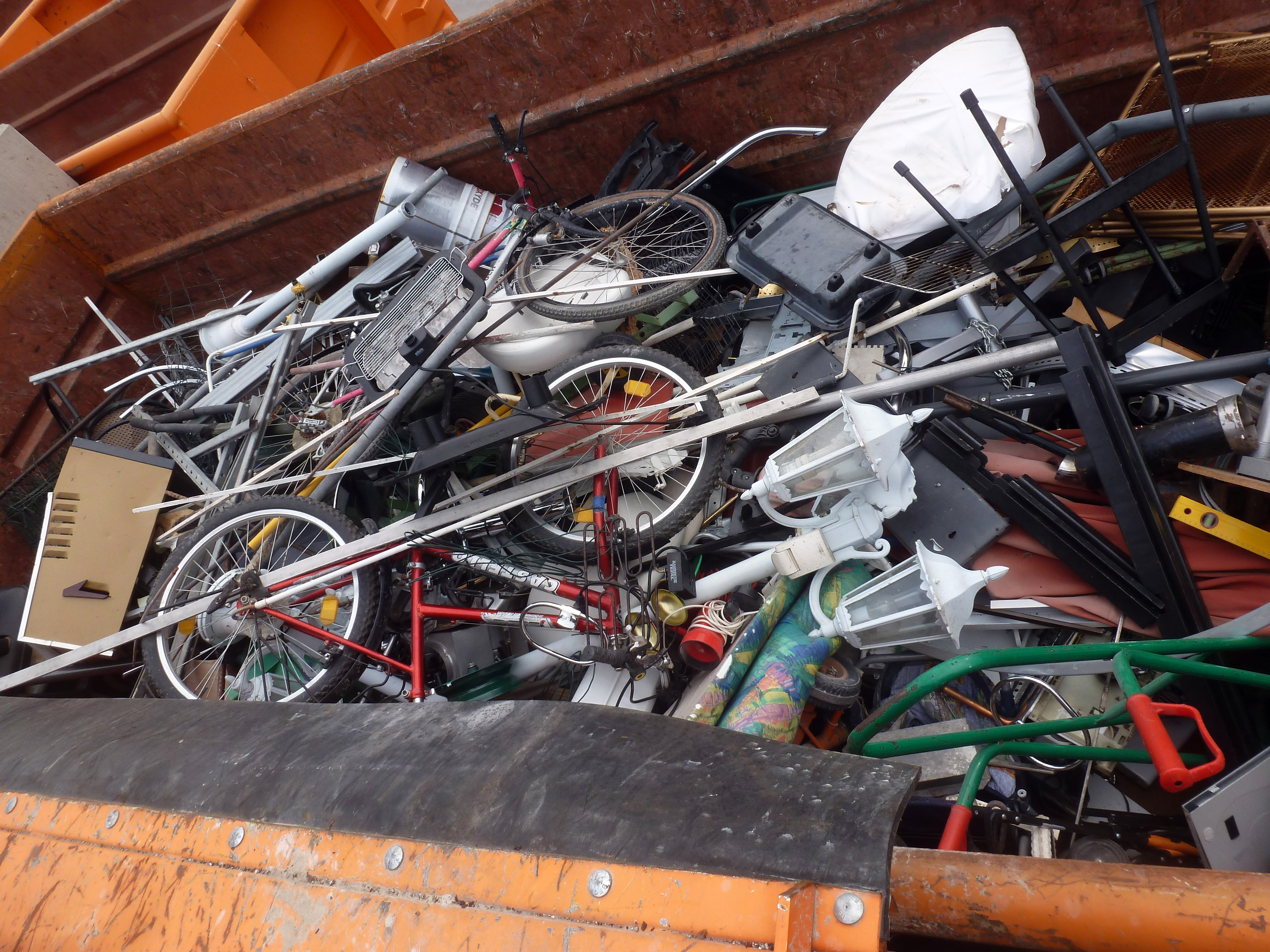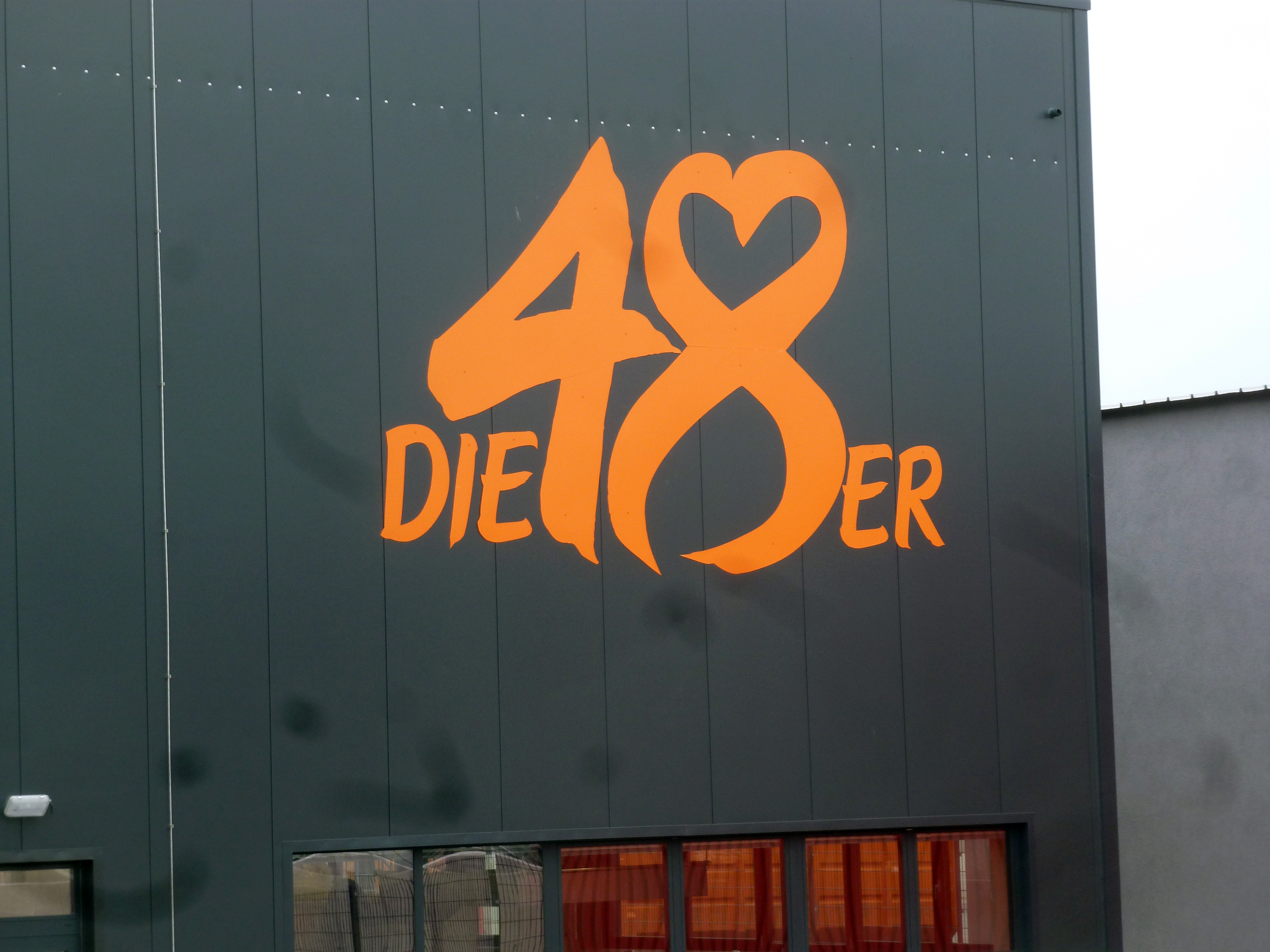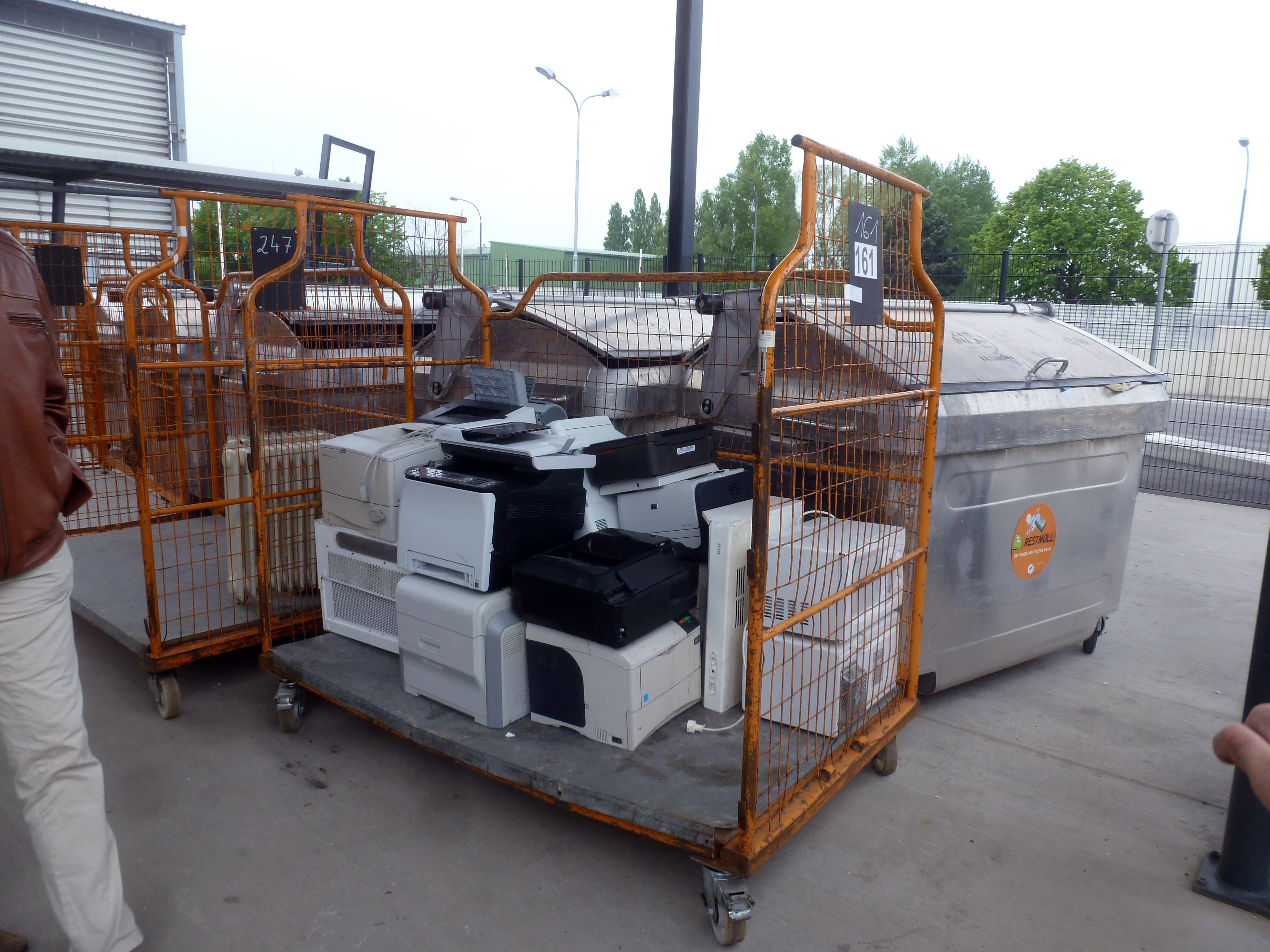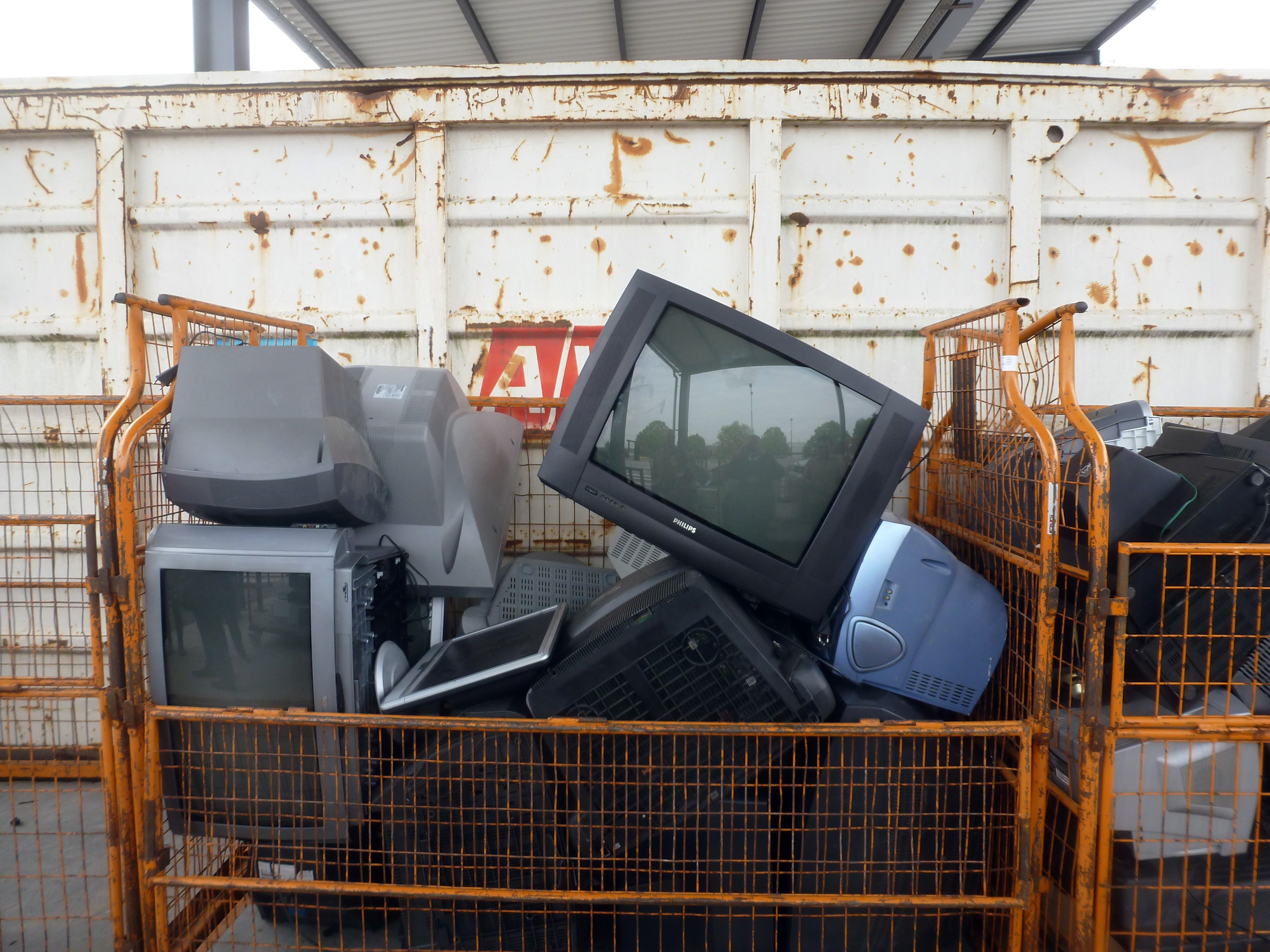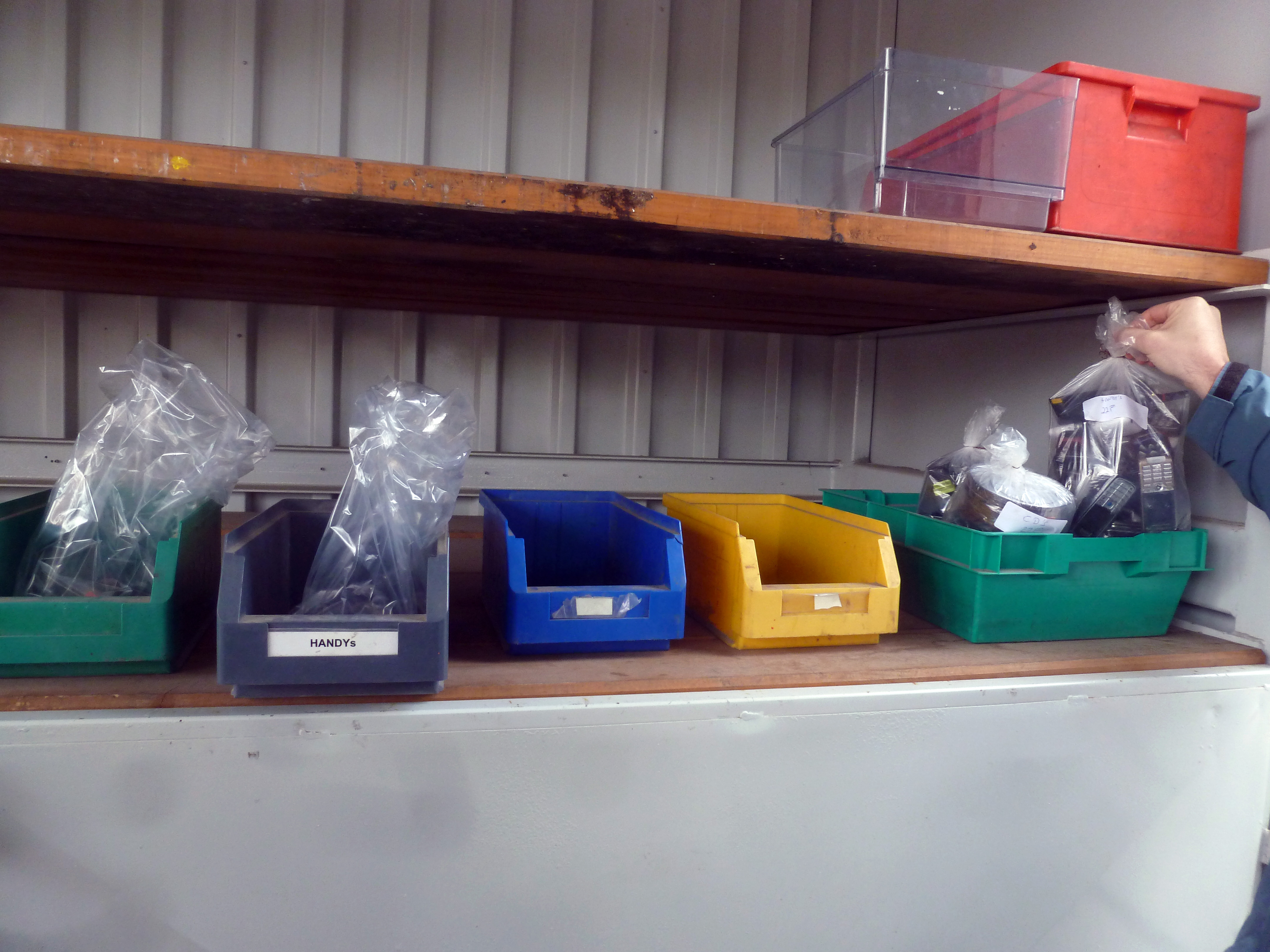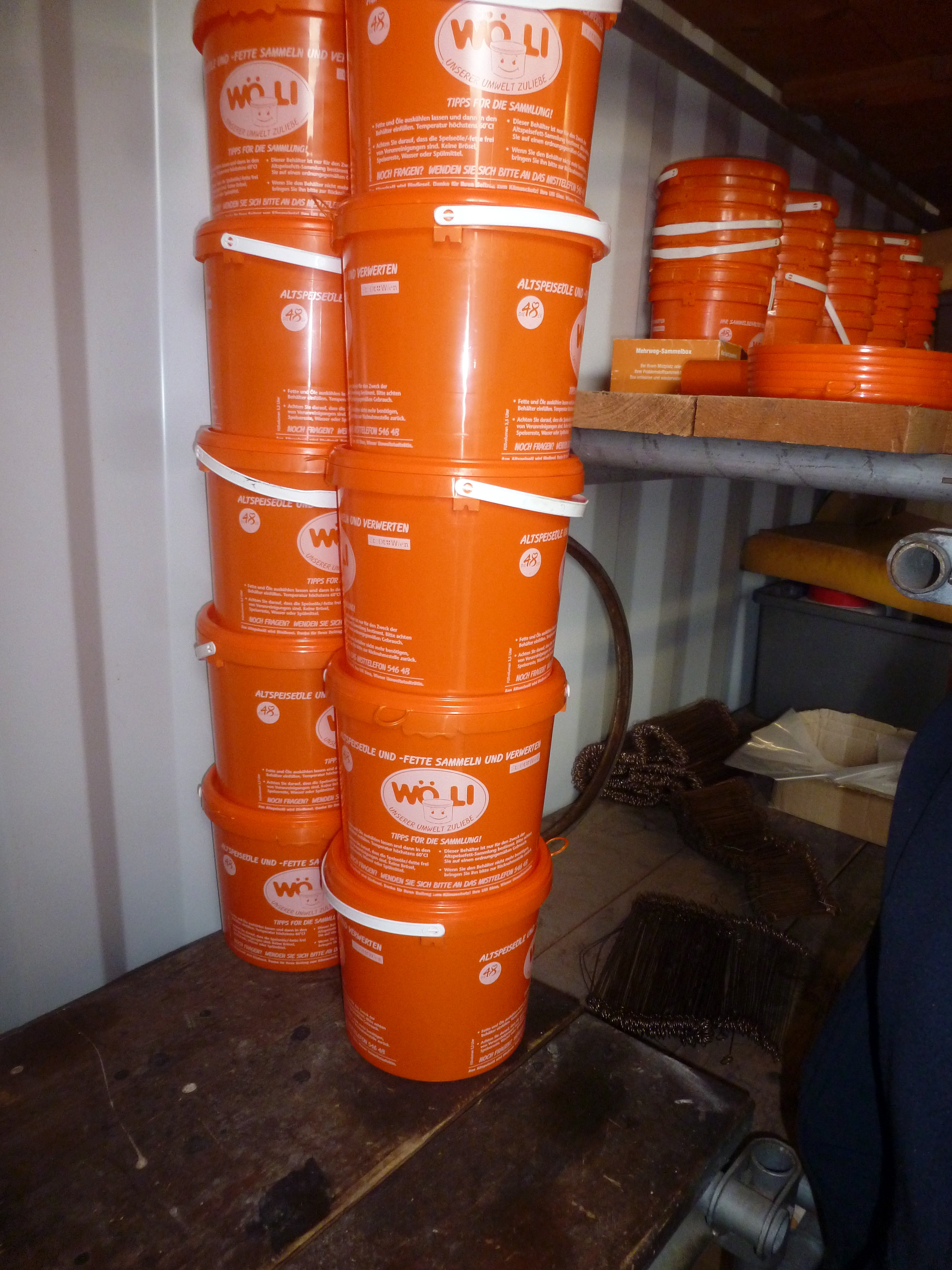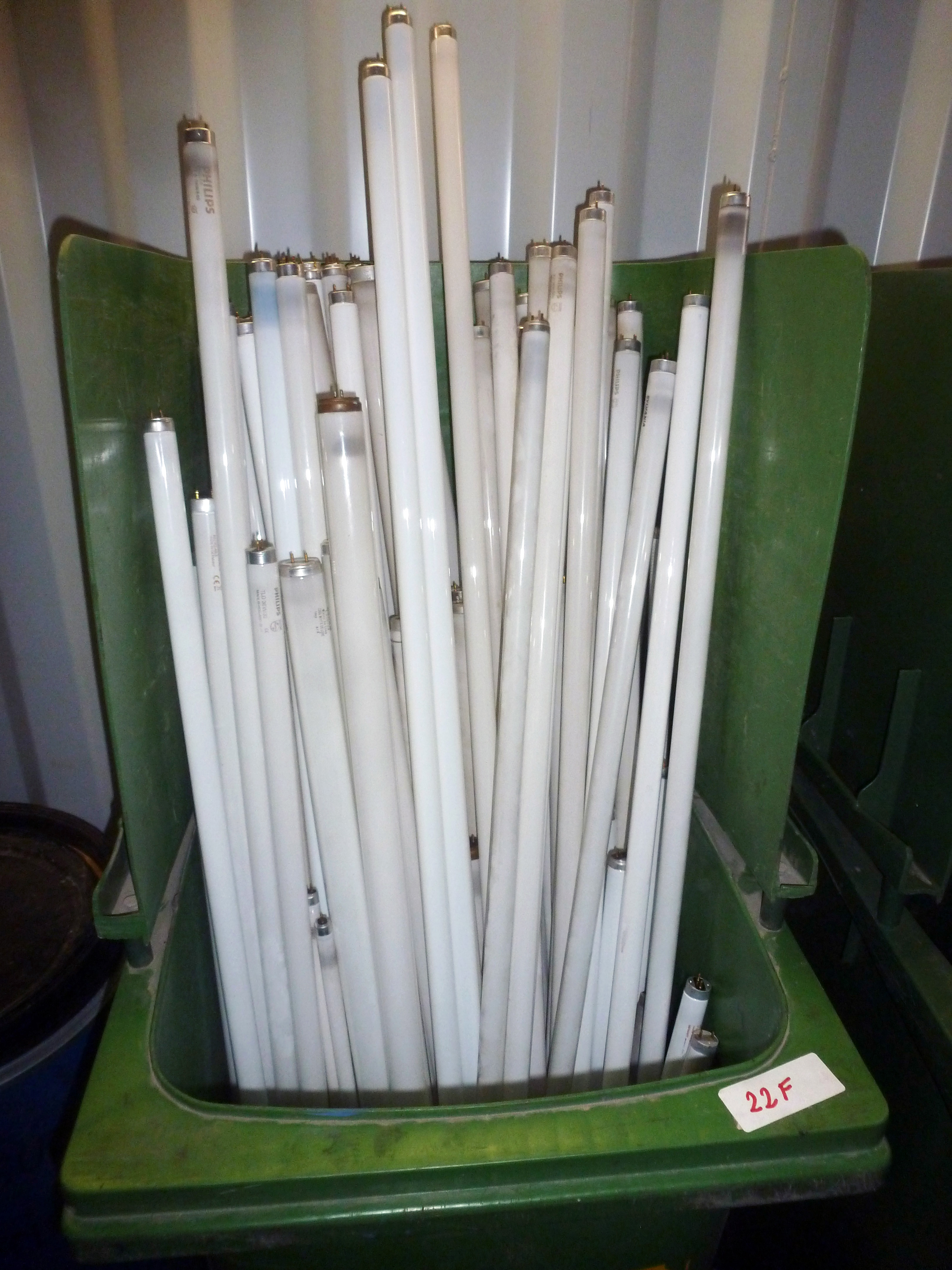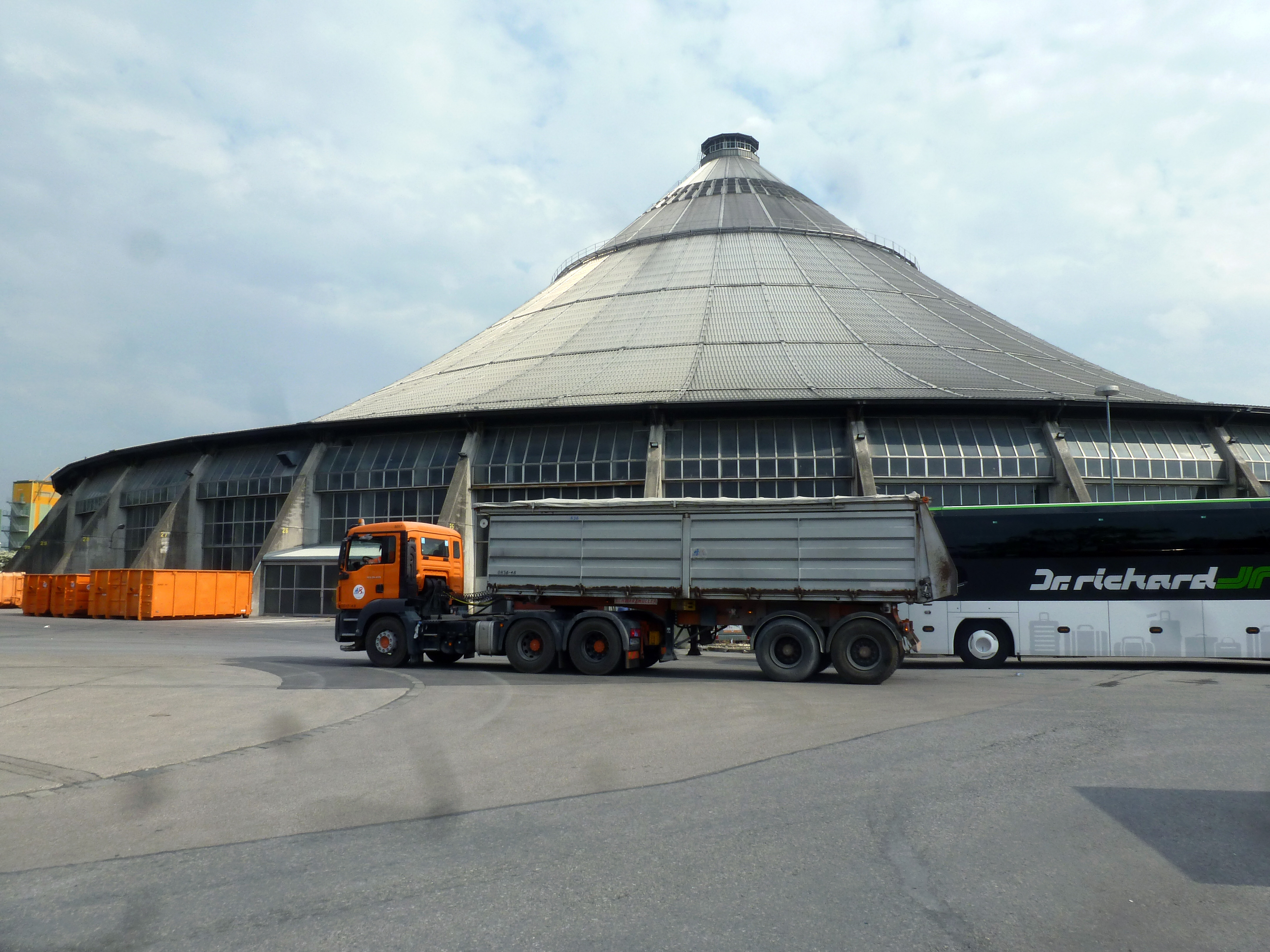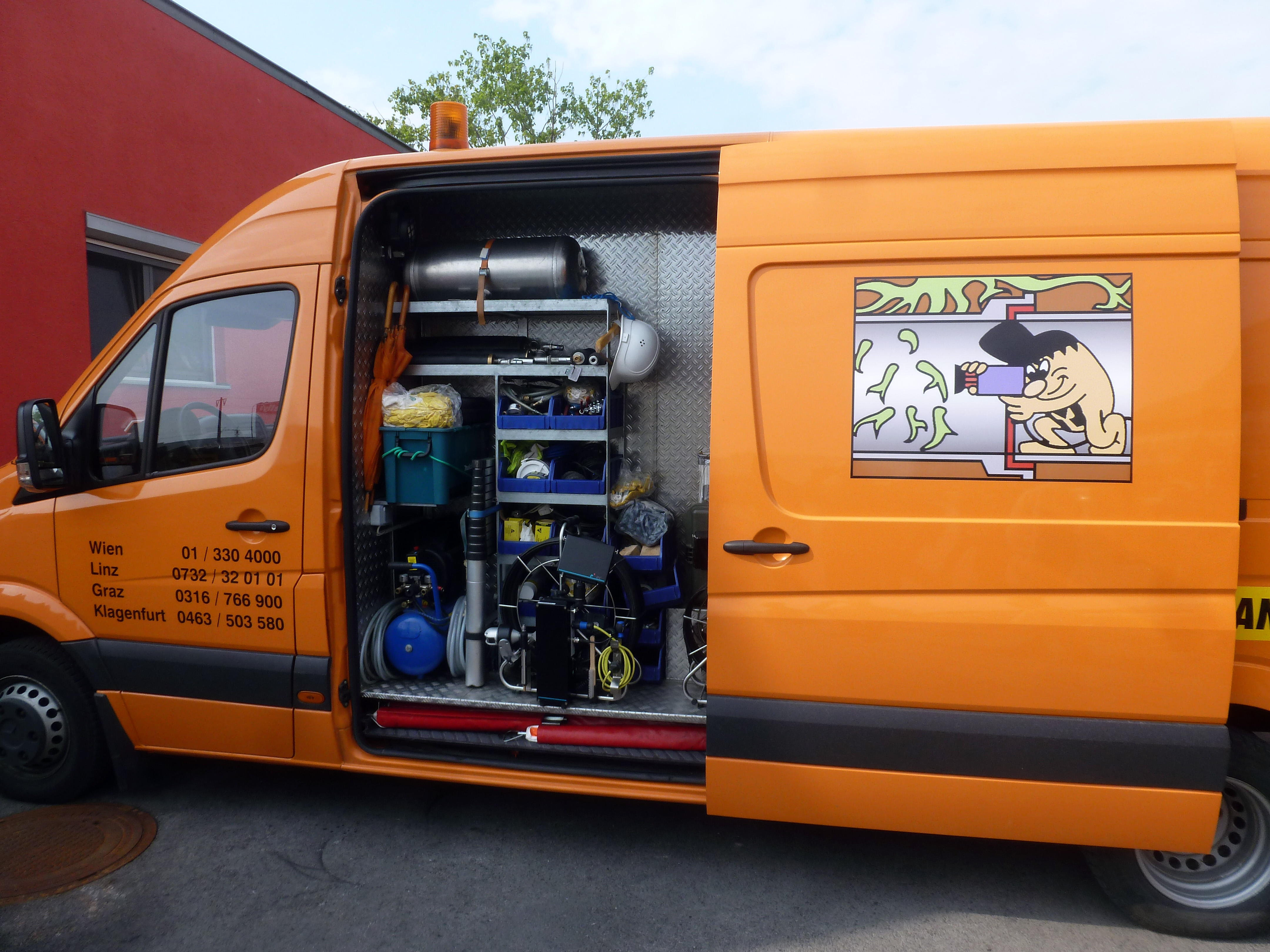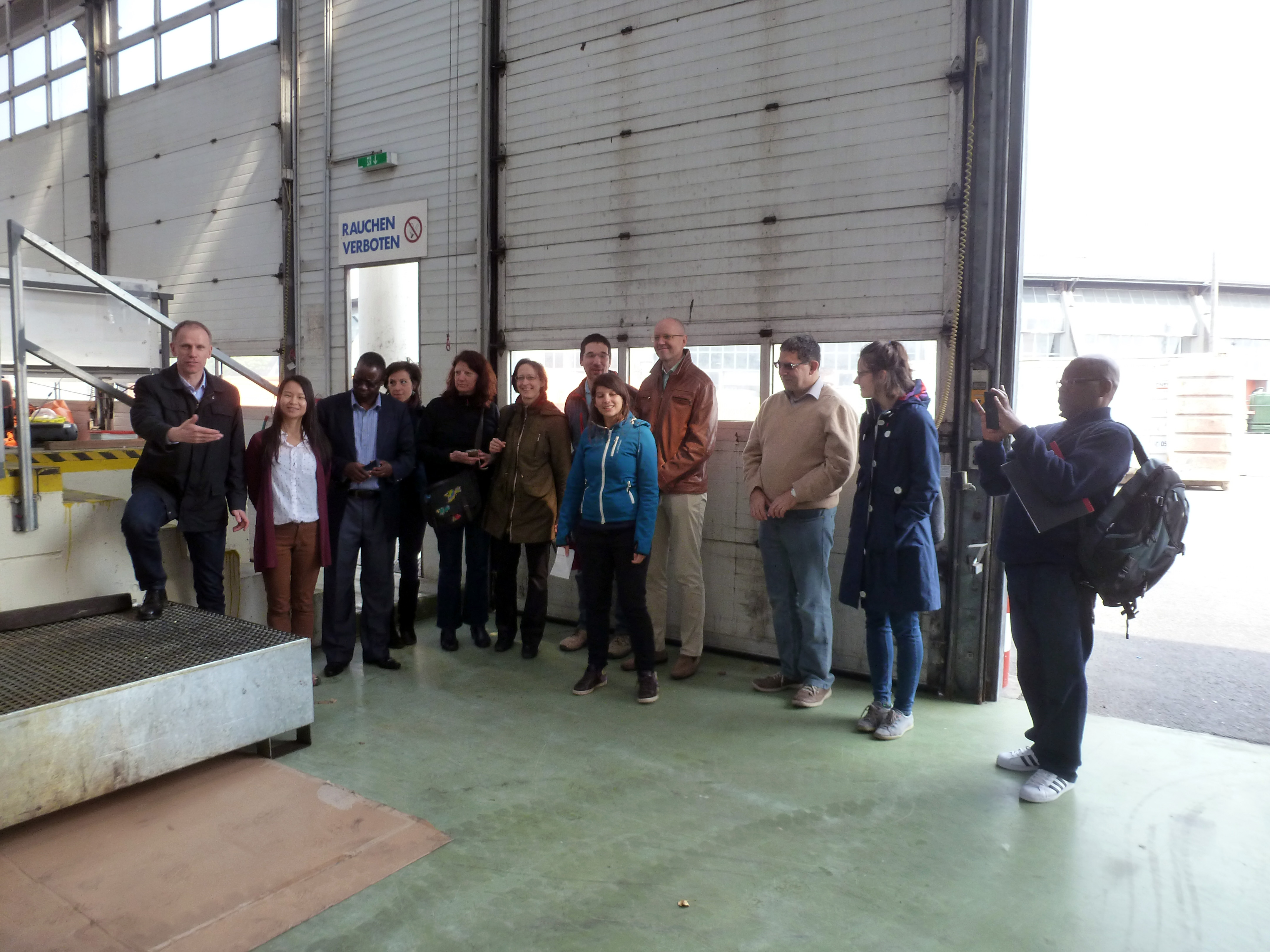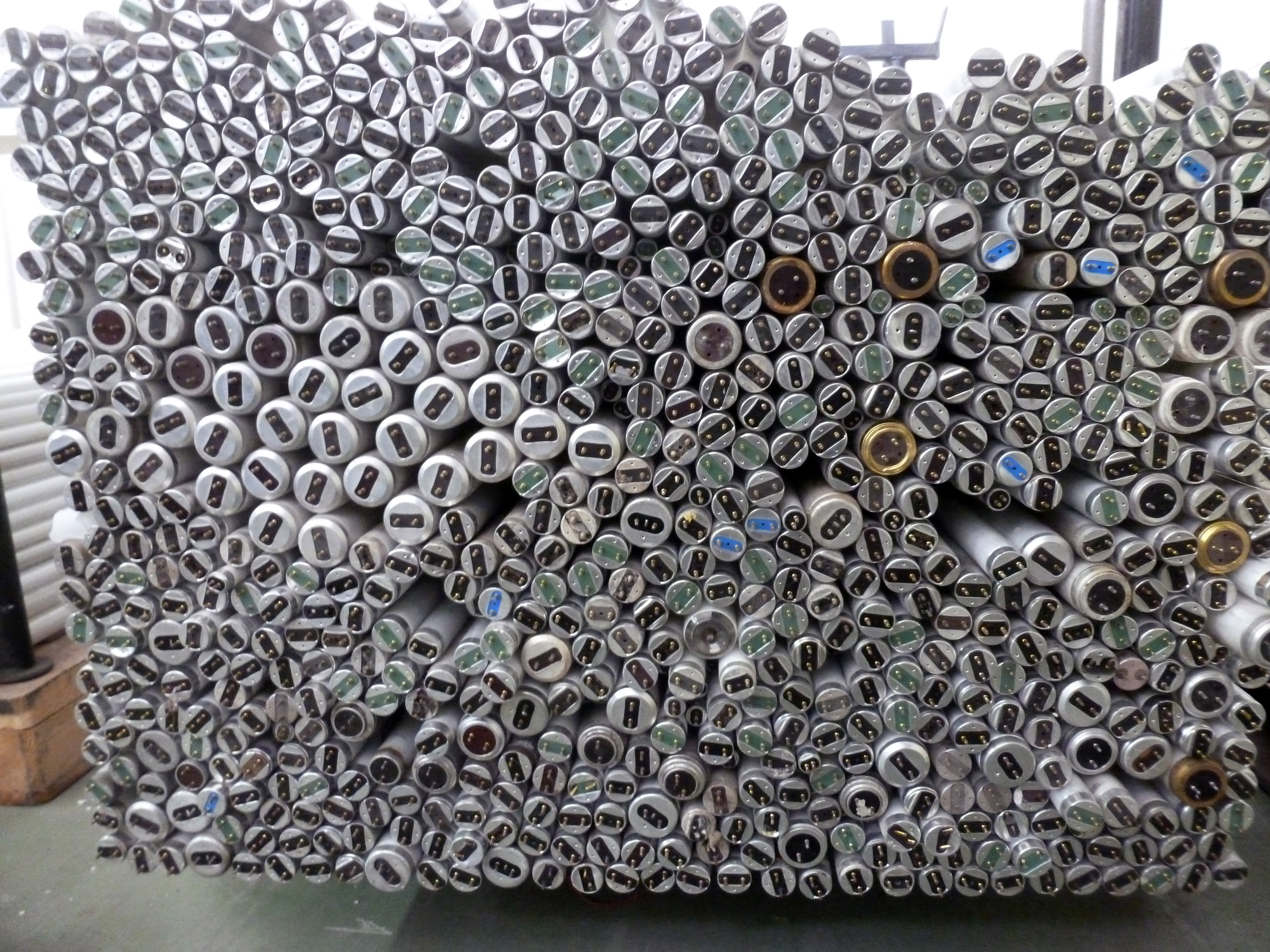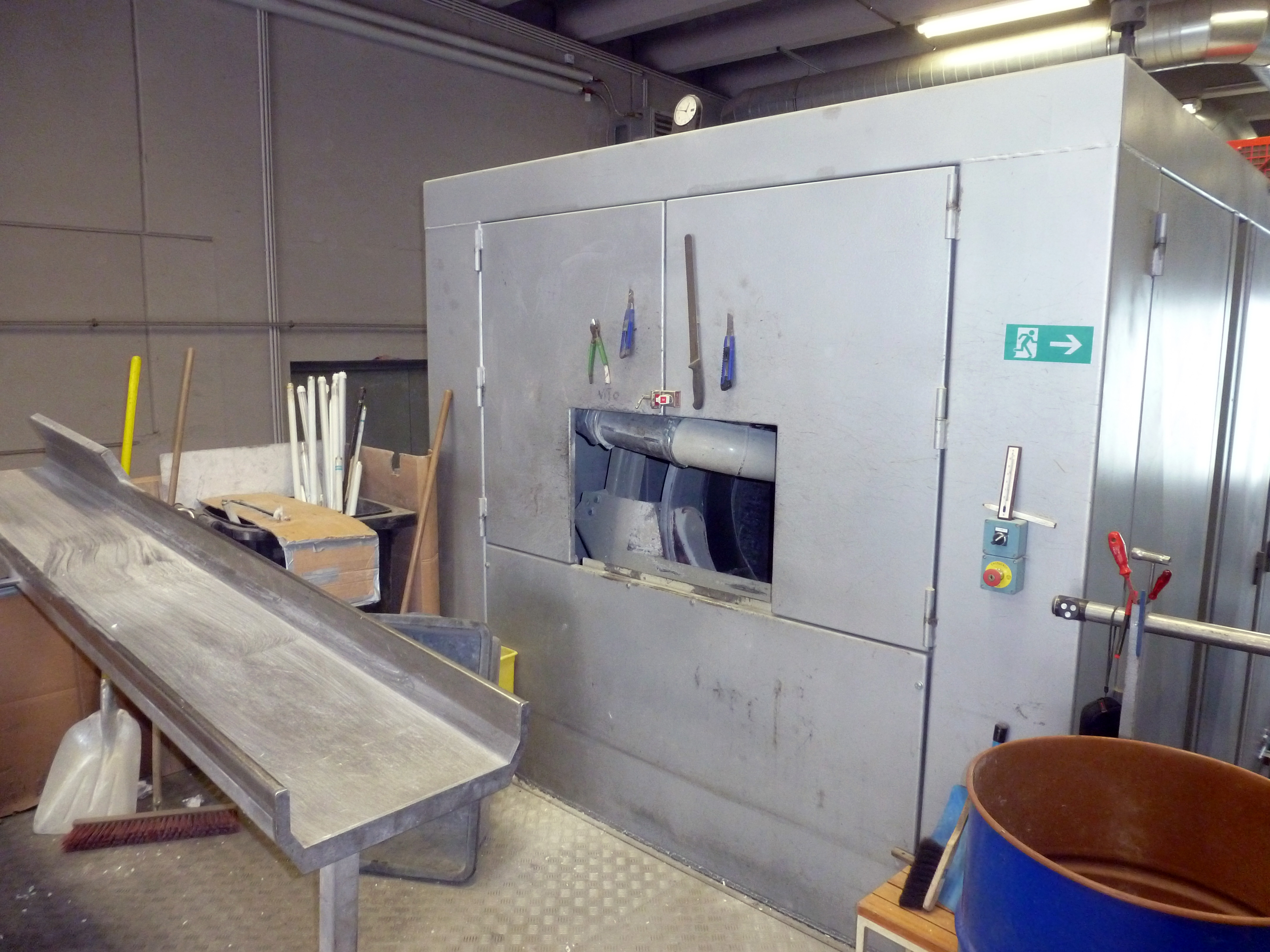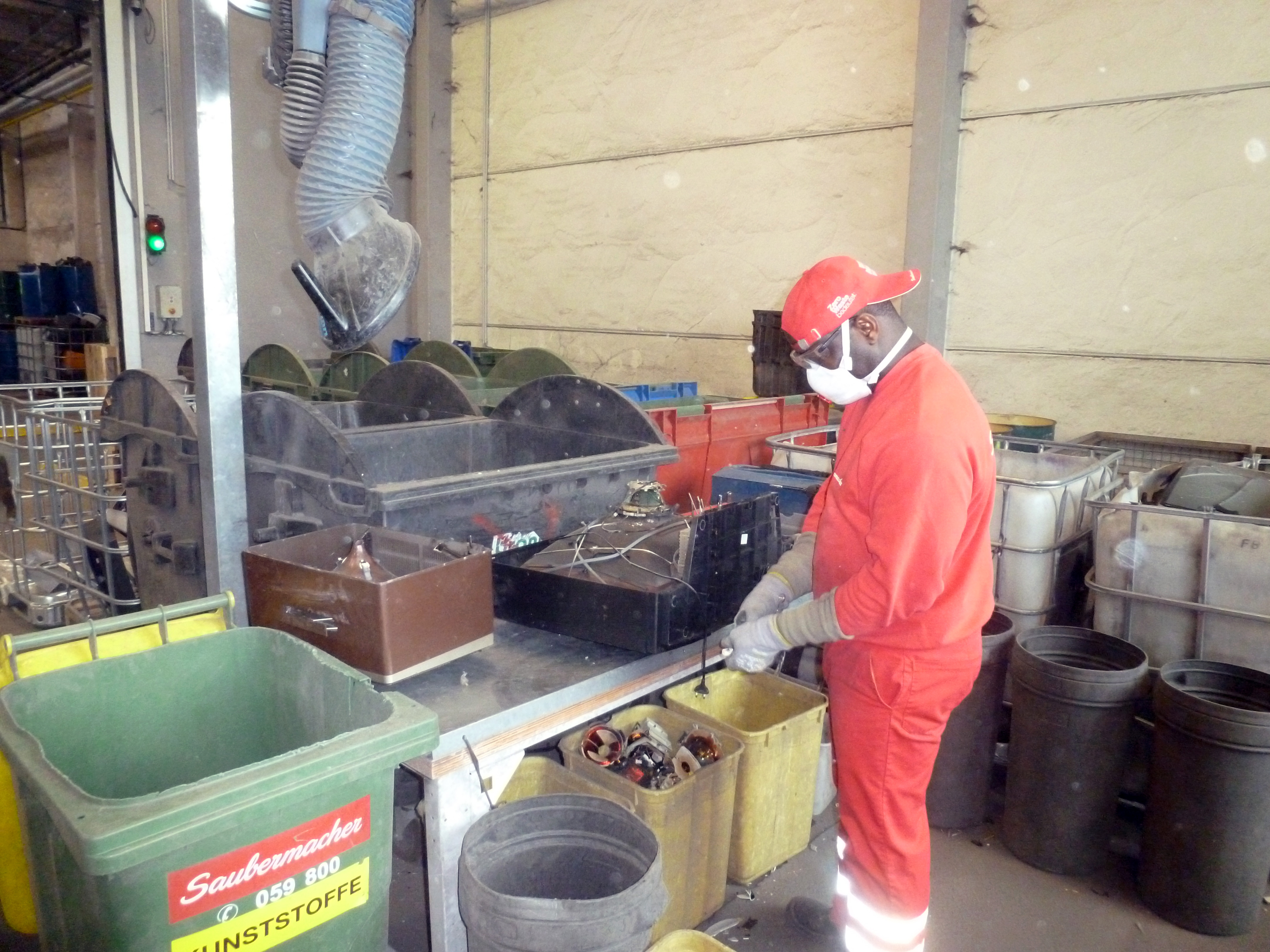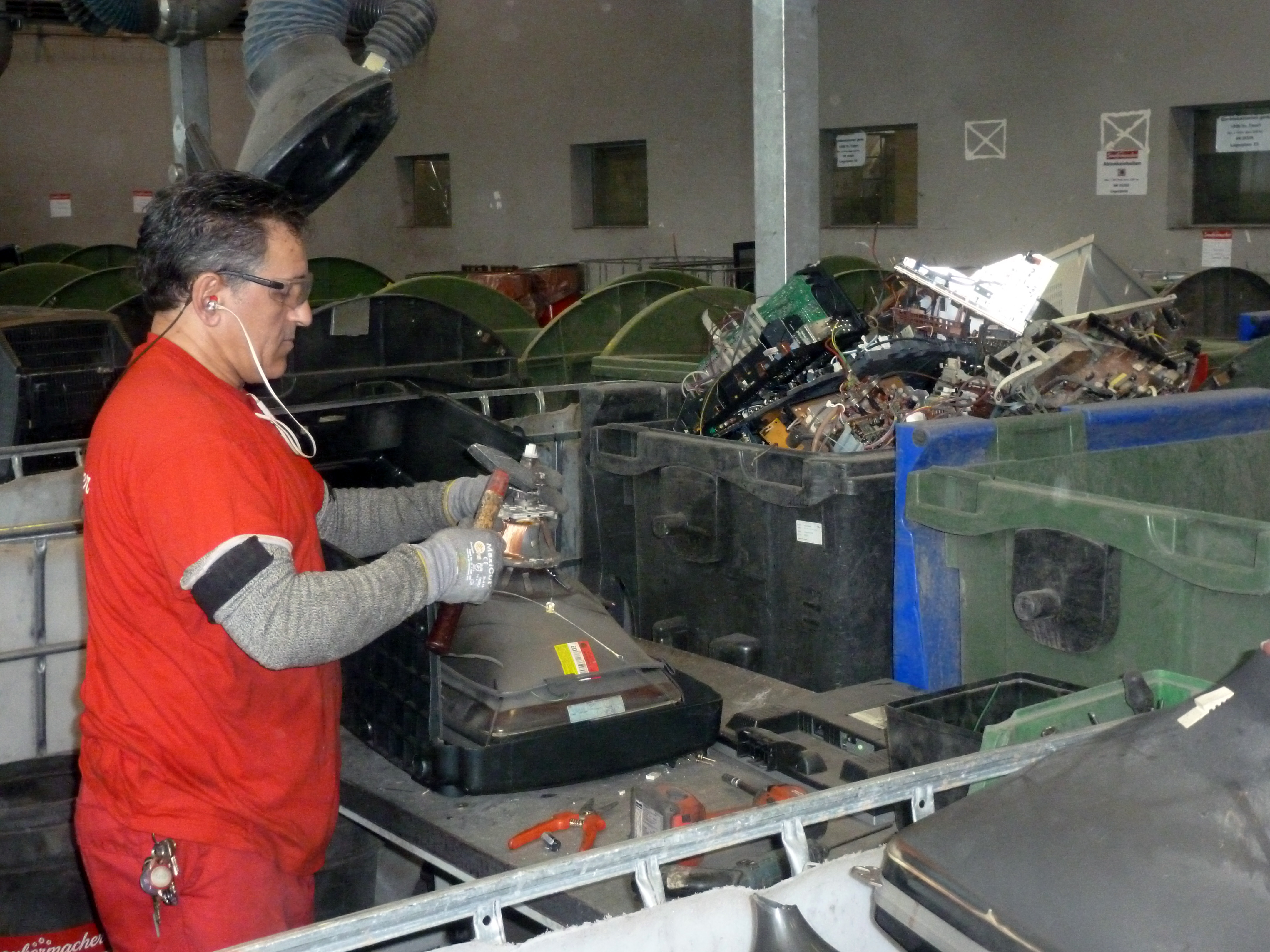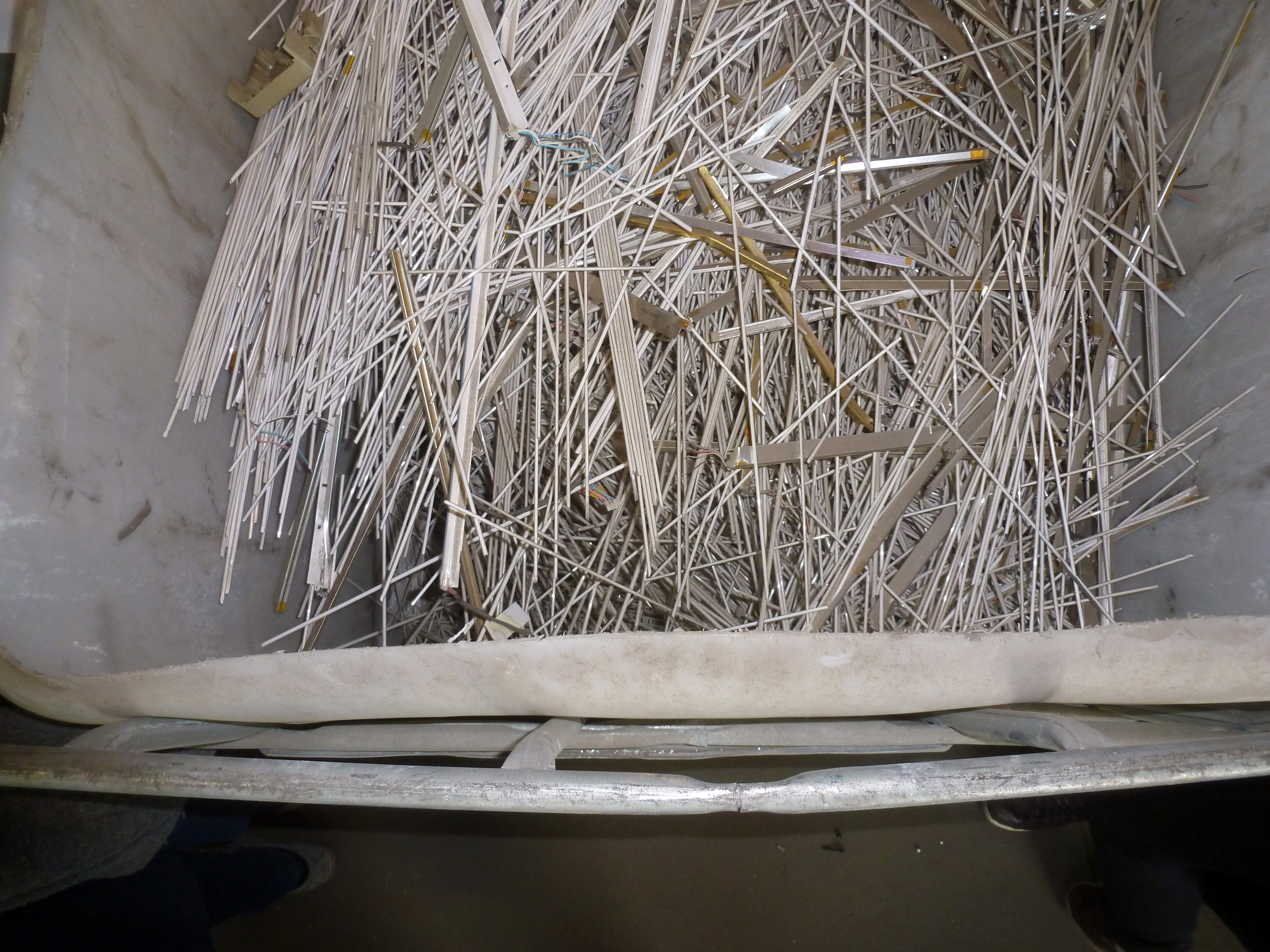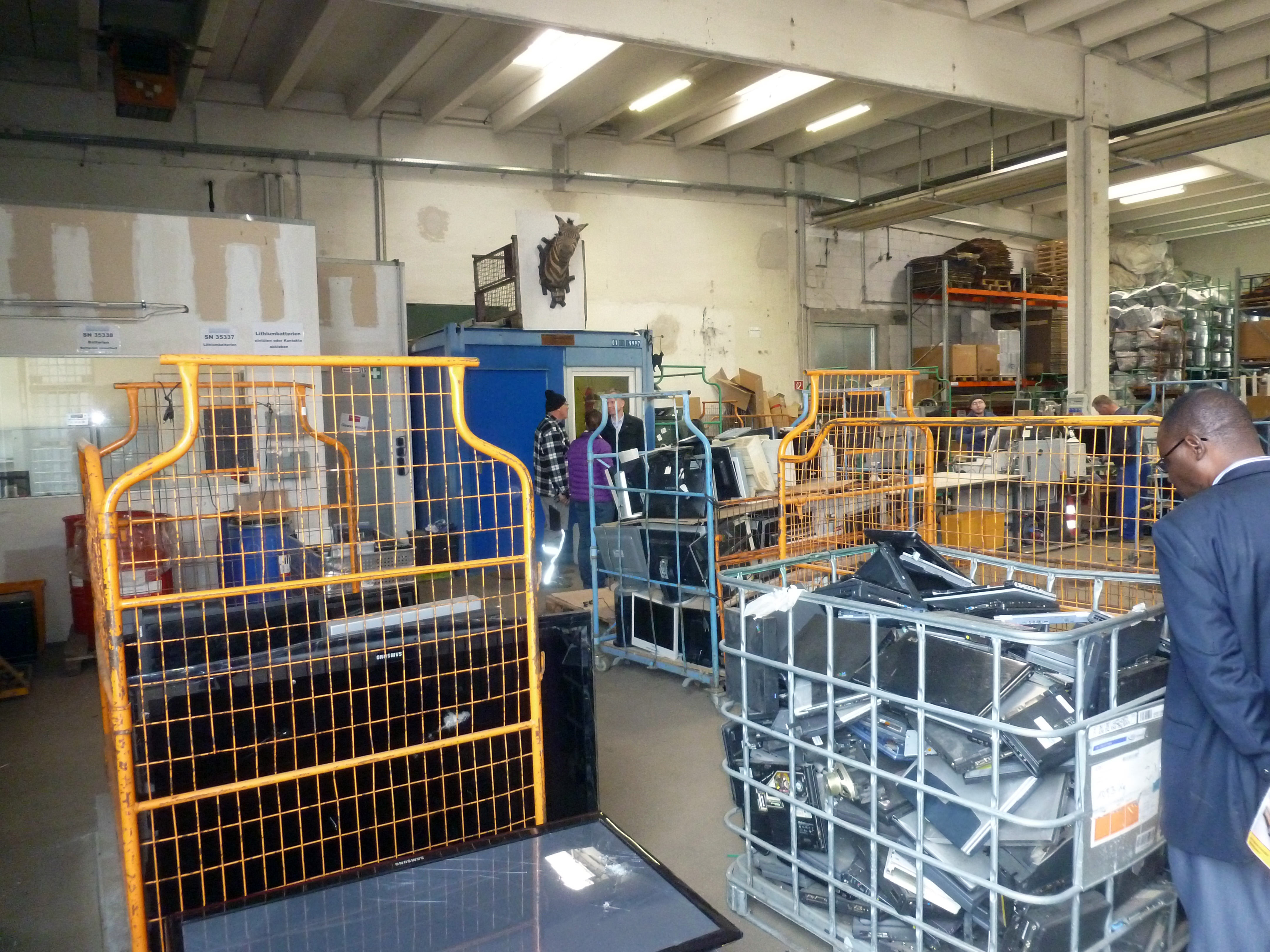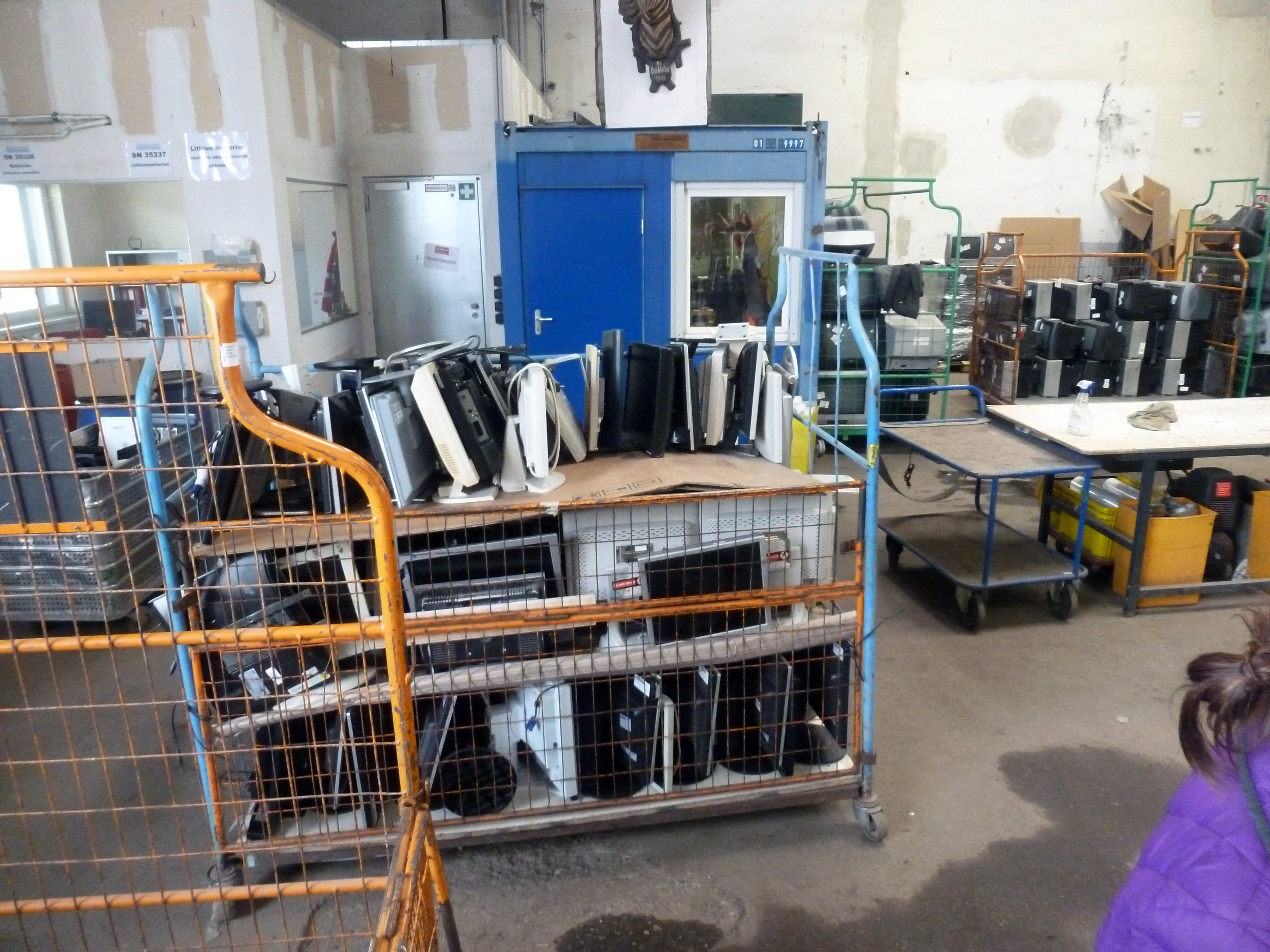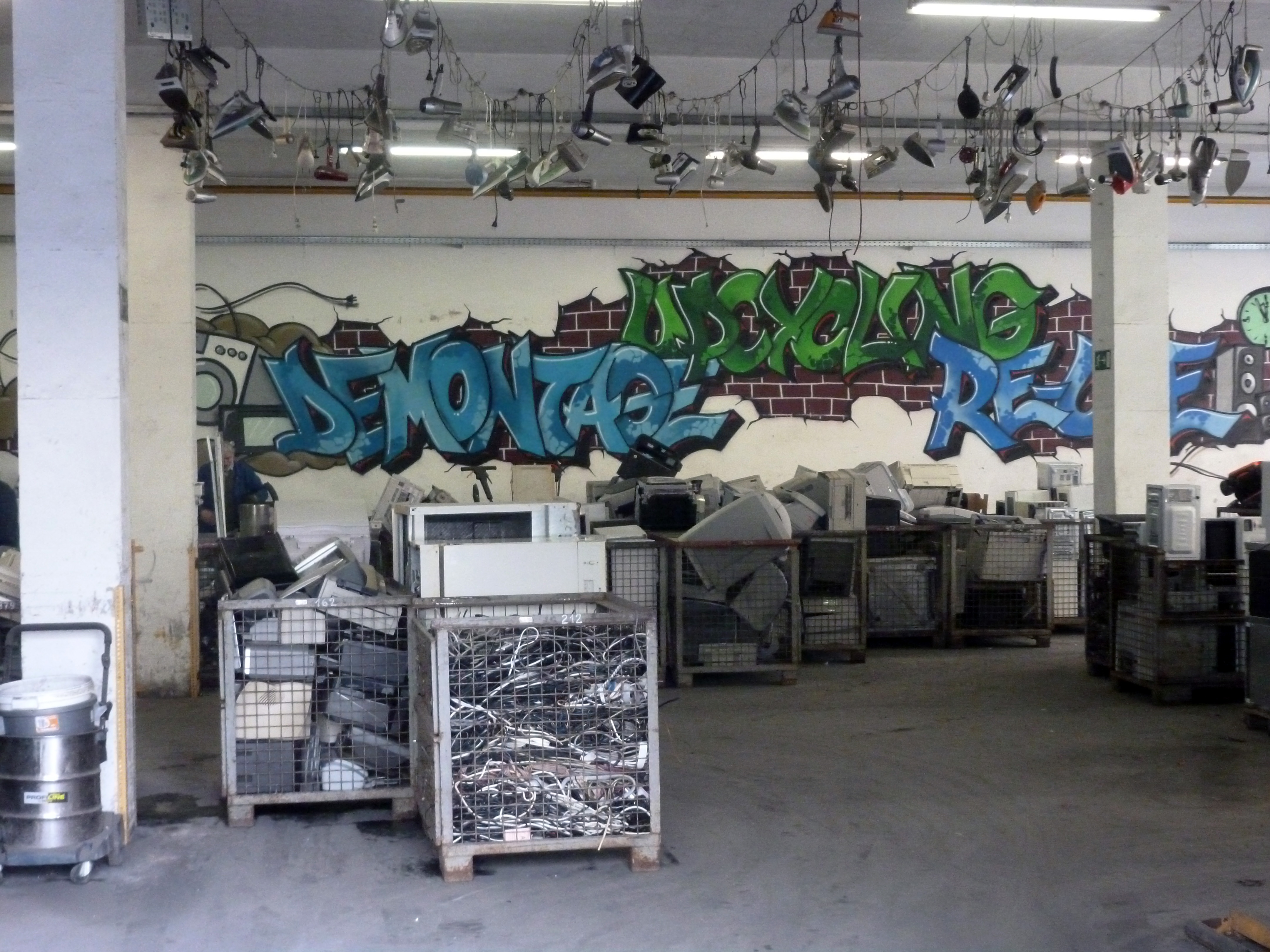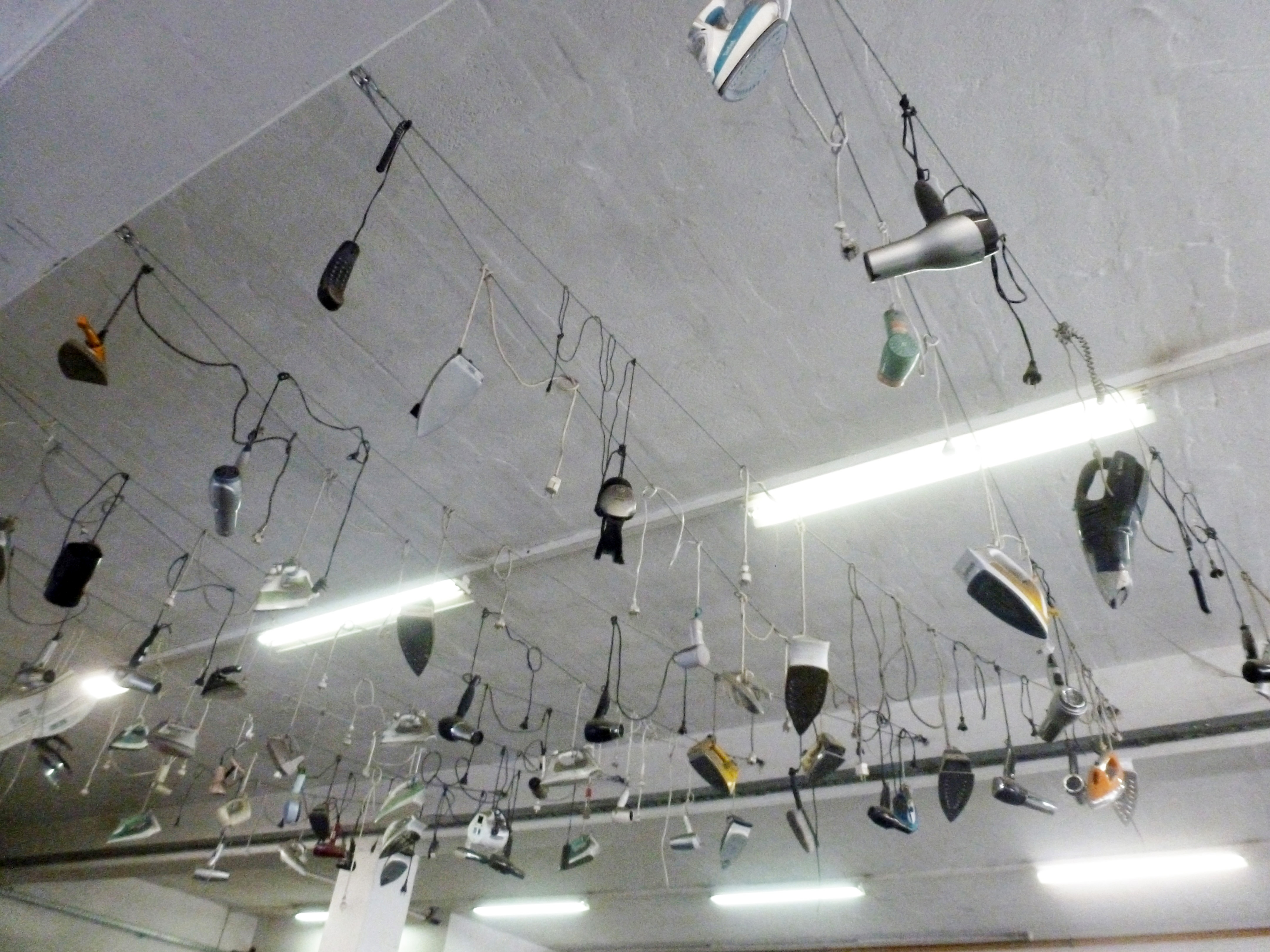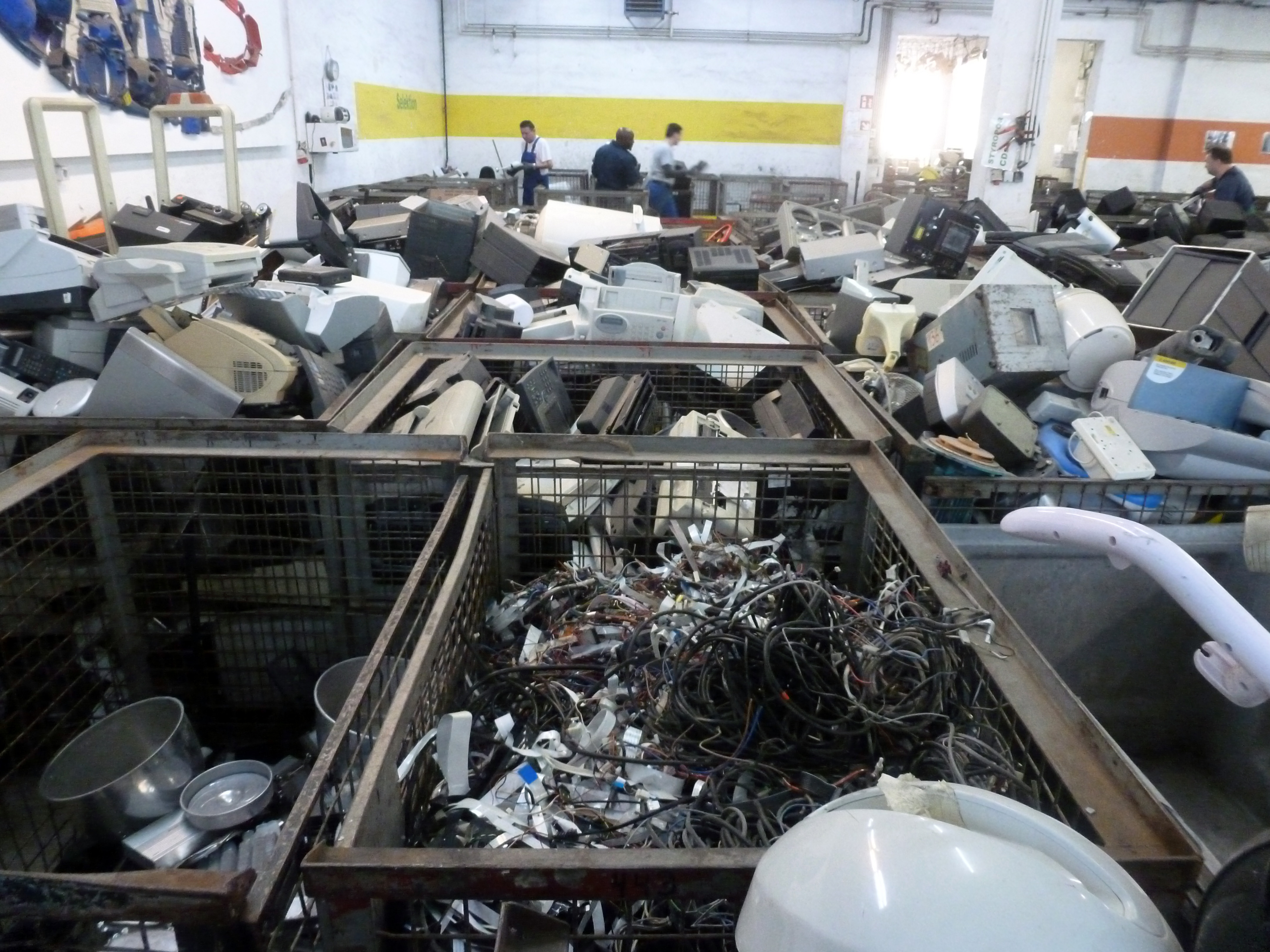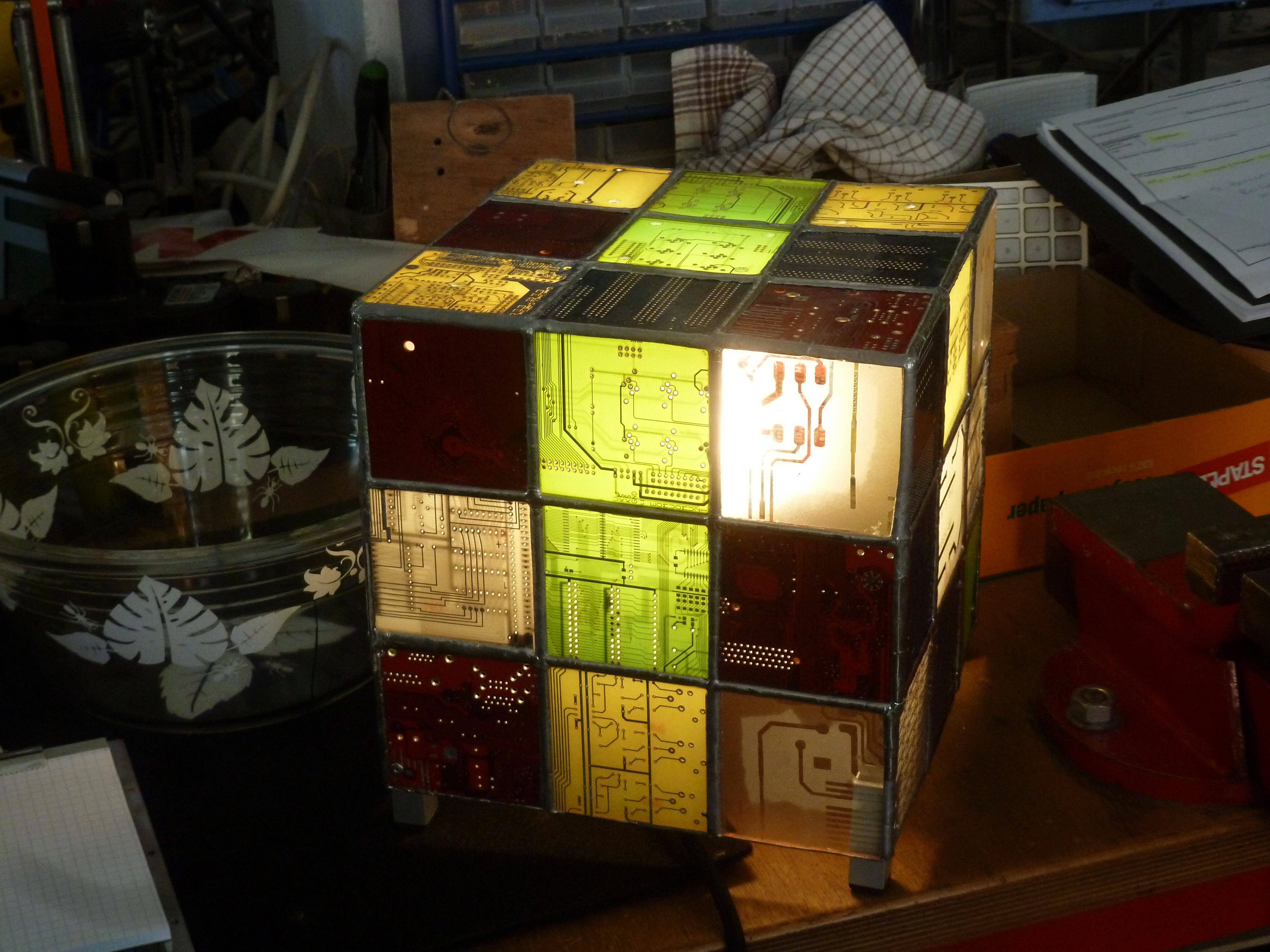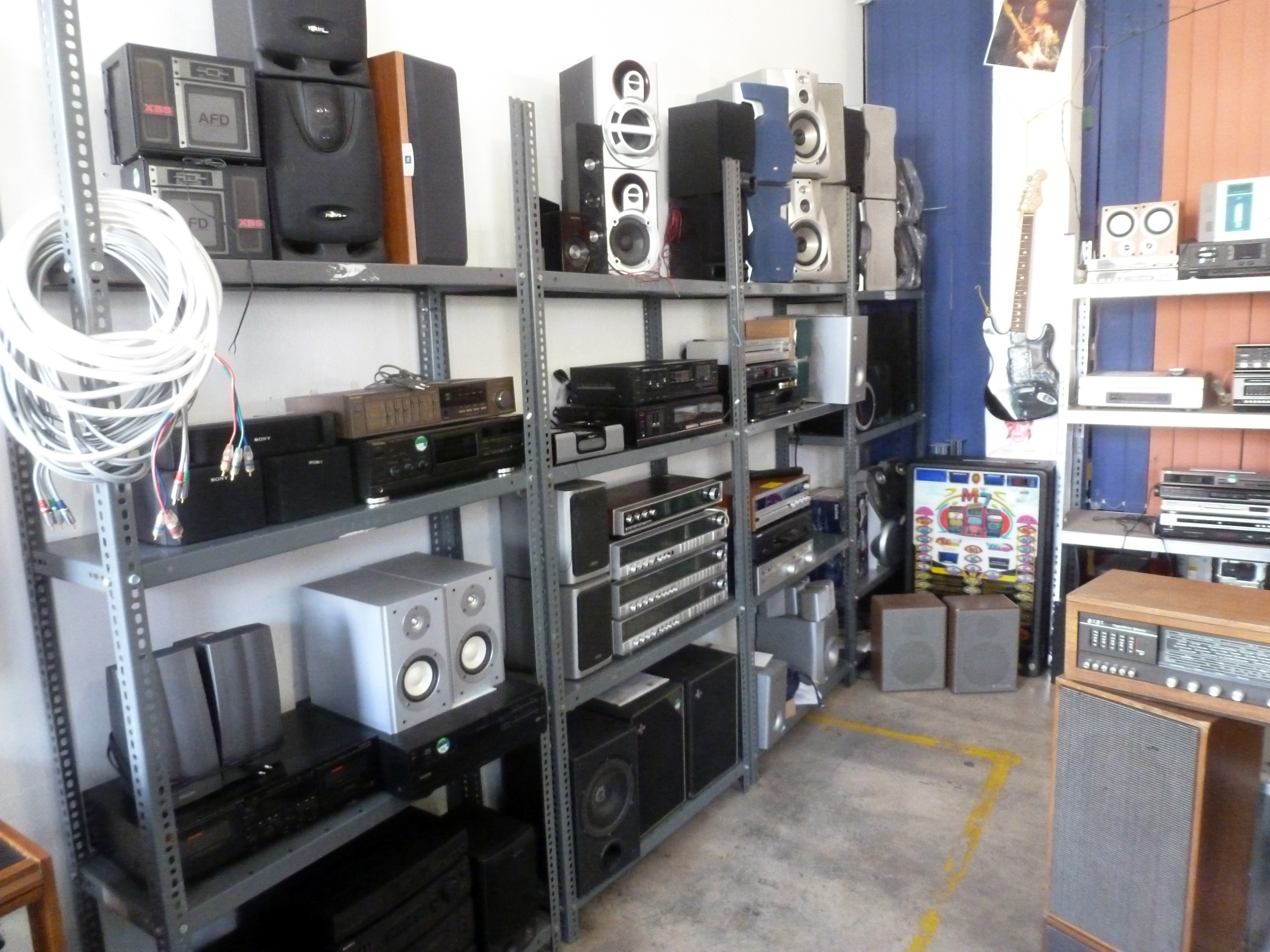Key Facts
Vienna is the capital city of Austria. It is twinned under the EWIT project with the Zambian city of Choma.
Vienna will be hosting key stakeholders from Choma in the the second round of the Twin City Workshops in summer 2016. The objective of this workshop will be to contribute towards the development of a Master Plan for E-waste management in Choma.
The EWIT project consortium includes:
BOKU - University of Natural Resources and Life Sciences, Vienna;
Vienna University of Technology, Institute for Water Quality, Resource and Waste Management (VUT/IWR); and
International Solid Waste Association (ISWA), based in Vienna
Vienna has a population of 1,73 million inhabitants within an area of 415 km². The Municipal Department (MA) 48 is responsible for the collection of residual and recyclable municipal waste, waste treatment, street cleaning, the vehicle fleet and winter service. The department has around 3,500 employees. MA 48 collected over 1 million tons of municipal solid waste (MSW) in 2015, out of which 59% is sent to waste-to-energy plants. The municipality collects residual waste, organics, paper, glass, metal, plastics, E-waste, other recyclables, hazardous waste and reusables separately via backyard collection, kerbside collection, drop off at a recycling centre or via mobile collection for hazardous wastes. The municipality operates 18 recycling centres, 4 market collection points and services 91 mobile collection points. Separate collection was first introduced in the late nineteen seventies with the separate collection of glass and further extended to ten categories being separately collected in 2015.
E-waste management system in Vienna
MA48 applies five collection and treatment categories for E-waste which are:
large appliances (> 50 cm), cooling devices, TVs and monitors, small appliances (< 50 cm) and gas discharge lamps. Hazardous substances such as condensers are removed at the recycling centres.
The communication of MA 48 follows the objective of environmental education, i.e. to foster environmental awareness. Measures include environmental education of children and classic PR-work such as the annual “waste party”.
The guiding legislation for WEEE is the principle of Extended Producer Responsibility (EPR), which states that producers are generally responsible for separate collection and recycling of their products (such as WEEE). However, producers are placing this responsibility on Producer Responsibility Organisations (PRO) in the way that producers are registering the mass of products (put on the market) with a PRO and paying the PRO for separate collection and recycling of the waste-products (licence fees). The PRO are organising the separate collection and recycling of the waste-products (such as WEEE). The introduction of EPR had a clear impact on the reduction of littering especially regarding cooling devices.
The waste management system in Vienna is financed via the waste fee, revenue from recyclables and EPR schemes for WEEE, batteries and packaging waste. The waste fee was introduced in 1934.
The following data regarding E-waste management were identified as part of the EWIT project. The data are derived from a range of sources. Due to the difficulty in obtaining quantified data, much of the tonnage data are based on imprecise estimates.
To compare the data for different cities against each other you can use the ‘compare’ function on the main Cities page.
| Country | Austria |
| City | Vienna (Austria) |
| Current Population of the city | 1,766,746 |
| In which year was the population data collected? | - |
| Quantity of municipal solid waste generated annually? (t/yr) | 1,078,934 |
| Quantity of E-Waste generated from households annually? (t/yr) | - |
| Quantity of E-Waste collected from households annually? (t/yr) | 8,259 |
| Year of the above data | 2014 |
| Collection Stations | 18 |
| Active landfills | 1 |
| Active Dumps | 0 |
| Closed landfills and closed dumps | 0 |
| Dismantling Facilities | 1 |
| Repair & Refurbish Facilities | 1 |
| Material Recovery Facilities (MRF) | 0 |
| Other facilities | |
| Does the national government have an agency mandated to enforce solid waste including E-Waste laws and regulations? | Section of Ministry of Agriculture, Forestry, Environment and Water Management |
| Does the city have a department dedicated to solid waste including E-Waste management? | MA 48 |
| Does the city have a unit enforcing solid waste including E-Waste issues in the city? | MA 48 |
| Does the city have its own solid waste management including E-Waste rules? | No |
| List of international partners and NGOs currently working with the city and briefly describe each project | nil |
| Is there a national law governing solid waste including E-Waste management in the country? | AWG 2002 |
| Who is mandated to collect, transfer and dispose of E-Waste | The Producers are responsible for the E-Waste management following the principle of extended producer responsibility (EPR). The required operations are done either by the community themselves (such as in Vienna), or private businesses as contractors of Producer Responsibility Organisations (PROs) |
| Does the city have solid waste including E-Waste management rules and regulations? | Yes |
| Does the city have a solid waste including E-Waste master plan? | Yes |
| Provide a list of channels through which the city communicates with its residents on solid waste management issues (eg. website, newsletter, radio, social media, etc …). Also indicate how often each channel is used | Posters, TV, radio, mail, social events, all are used frequently. The MA 48 is a constant noticeable presence in the city. Also there are creative pictures and slogans on waste management equipment, such as trucks and waste bins. The drawings and slogans partially are created via public contests. |
| What are the key messages or information provided to the public ? (eg. education on littering, source separation or waste reduction etc.) | Littering, source separation, waste reduction, re-use options, charity(donation) options |
| Provide a list of channels through which the city collects feedback from it residents on issues related to solid waste services. (eg. Annual surveys, dedicated telephone line, Mobile phone Applications, social media, etc …) | dedicated phone line, email, surveys |
| Provide a summary of key solid waste information made periodically available to the public (eg. Annual budget, waste collection coverage rates, recycling rate, etc..) | annual report of MA 48 |
| Does the city have a contract with one or more private firms for waste management? | Yes |
| Does the contract cover waste collection? | Yes |
| Does the contract cover waste transport | Yes |
| Does the contract cover waste disposal | Yes |
The key priorities for the management of E-Waste in Vienna are:
- * Increasing the separate collected amount of E-Waste
- * Supporting preparation for Re-Use of E-Waste

